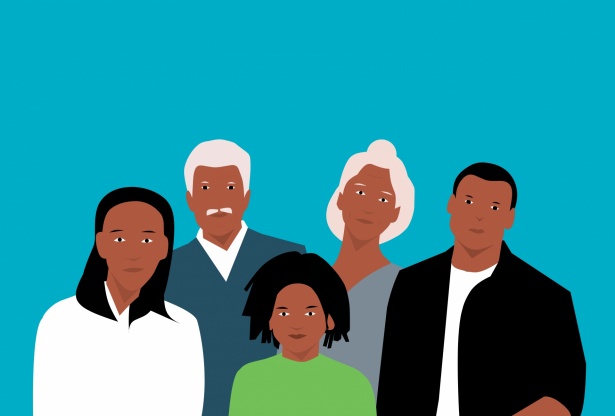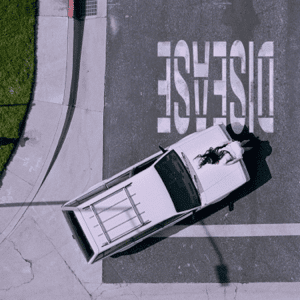Mental Health Issues Among the Black Population
Both historical and current experiences that Black people have gone through prove how traumatized we’ve been.
The state of mind influences the person’s thoughts, behavior, responses, and more. Not only does being in a bad mental state affect the person themself, but it also affects those around them. As a people, it’s common sense to help those who are struggling…or so you would think. However, this “common sense” isn’t so common for some people.
Black people have dealt with a burden of issues that history has passed down to them. First, it started off with slavery. But even now, we still have Black people, particularly Black men, who aren’t free. According to the article, The Color of Justice: Racial and Ethnic Disparity in State Prisons, Ashely Nellis reports, “Black Americans are incarcerated in state prisons at nearly five times the rate of White Americans.” This means that Black children’s mothers, fathers, or parents, are being taken away from them— yet another thing leading to mental illnesses such as depression and anxiety.
Both historical and current experiences that Black people have gone through prove how traumatized we’ve been in comparison to White people. This can have a detrimental effect on the way we respond to everyday situations. In fact, statistics prove that Black people that are impoverished have a higher risk of developing psychological disorders—twice as much compared to those who are middle class citizens.
To add, Black people are less likely to use better coping mechanisms because they are not provided the same resources as White people. MHA (Mental Health America) stated, “binge drinking, smoking (cigarettes and marjuana), illicit drug use and prescription pain reliever misuse are more frequent among Black and African American adults with mental illnesses.”
Drug abuse has contributed to more arrests in the Black community as well. Based on an article by The National Library of Medicine, Black people were incarcerated several times higher than Whites. Half of them are facing jail time for more than a year— despite the fact that heroin, pill use, and overdoses have dominated the White community, especially in suburban areas.
Even though there is a lot of trauma, Black people are forced to “stay strong.” Black women are the heads of the households in thirty percent of their homes— this is nine percent more than White households. Carrying the burden of having to care for others, holding in your beliefs, and masking your problems can lead to an overwhelming amount of stress.
Stress can lead to developing illnesses. Your Health, made an article stating that 48% Black women and 44% Black men have some form of heart disease, a stress related illness. They have a greater, more than thirty percent, risk of dying from heart disease than Whites. Political, or governmental, prevent them from seeking the help that is needed.
For instance, Black people aren’t offered medication and therapy compared to others even though they are more affected by schizophrenia and other disorders. To get access to these treatments, insurance is needed. However, twelve percent of Blacks are uninsured. Some Black Americans who did have insurance, however, did not receive treatment for mental illnesses. In 2016, twelve percent went through a difficult process of getting tests, treatment, and resources.
These aren’t just “numbers,” or “statistics,” these are people who suffered because of a system that did not see fit to value their needs just like others. It’s not a matter of who is more mentally ill, but who isn’t receiving the care needed to treat the mental illnesses. Everyone deserves an opportunity to recover; recovery requires people holding the system accountable in areas where they’ve lacked.







